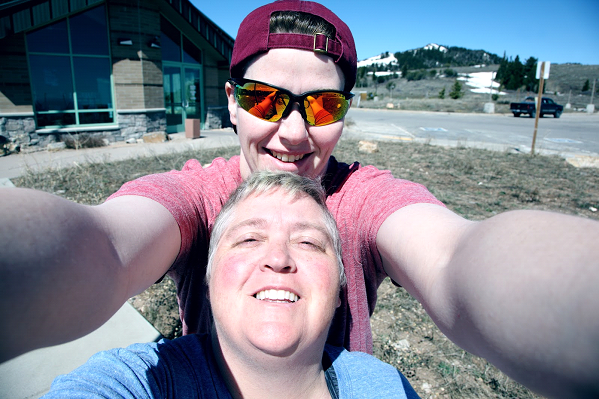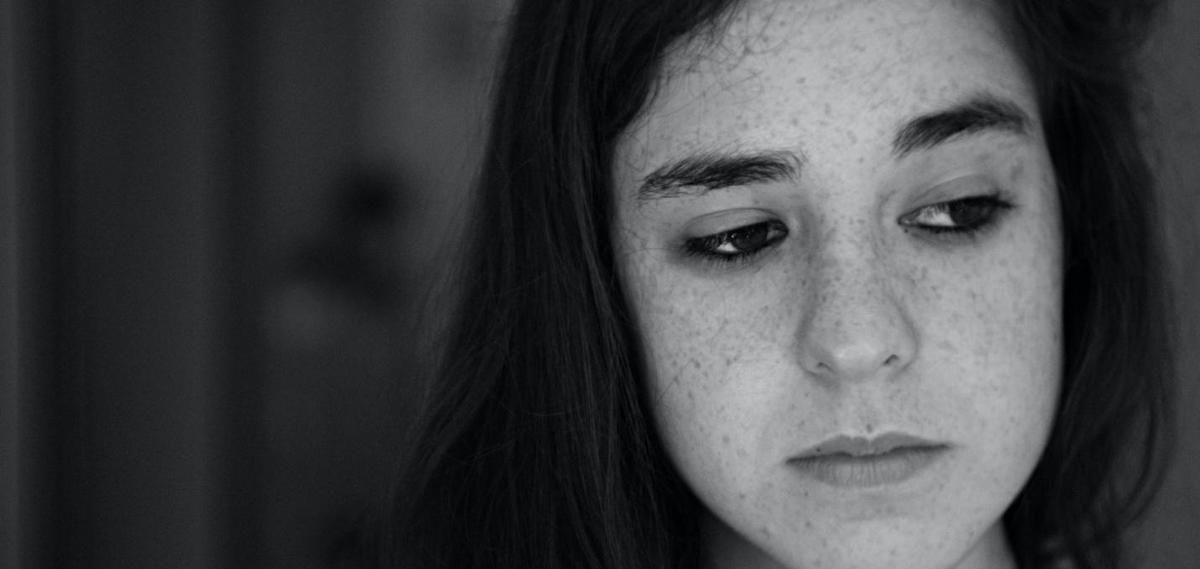Is your partner's eating disordered thinking and behaviors hurting your recovery?
Here is a question I received from a reader about a little discussed dilemma in eating disorder recovery that is all too common: realizing a family member or your partner also has eating disordered thinking or behaviors (such as yo-yo dieting, compulsive exercising, purging or body dysmorphia) but they won’t admit to them or seek help.
“Now that I’m working on learning intuitive eating, I’m realizing my husband has some signs of an eating disorder. He goes on and off diets, compulsively exercises, and often criticizes his body. When I tried to talk to him about it he got very defensive and refused to consider his behaviors are unhealthy. It’s really hard to practice intuitive eating without his help. What should I do?”
How frustrating for you! Many of my clients experience this problem, namely, once they start to practice intuitive eating and embrace recovery, they realize one or more family members has eating disordered thinking and/or behaviors. Unfortunately, eating and body image problems do not occur in a vacuum, and you have realized that your husband has shared your struggles.
You sought help for your eating disorder, but your husband has not...yet. Compulsively exercising, going on and off diets, and berating one’s body are the rule rather than the exception in our culture. It is normalized behavior, and it keeps your husband from recognizing the havoc and pain it is causing in his life.
And social media and the internet encourage him too! When I did a quick google search on “I don’t want to diet anymore but my husband does”, I was shocked to see the following search results:
- How do I keep my husband healthy?
- How do I get my husband to lose weight?
- How do I motivate my husband to exercise?
- Ten top ways to motivate a spouse struggling to lose weight
It’s all about the need to diet and lose weight - absolutely NOTHING about non-diet culture and supporting intuitive eating. Remember that if you are the “average Joe” and not actively searching body positive and intuitive eating articles, you are most likely to be targeted by diet and weight loss ads all the time.
Sadly, most people, including your husband most likely, believe they are weak and lack will-power because they can’t lose weight on a diet OR that they just haven't found the “right” diet or exercise program that will be the magic key to long-term weight loss.
When a person seeks eating disorder recovery and starts to practice intuitive eating, it can be a real shocker to their close friends and family members.
In her blog, Krystal Carges, RD notes: “Some behaviors that you might encounter with the loved ones in your own home might include:
Restrictive eating behaviors
Yo-Yo Dieting, or frequently going from one diet to another
Recurring binge eating episodes
Hoarding/Hiding Food
Body shaming talk
Talking negatively about certain foods, (i.e. “good” versus “bad” foods)
Food shaming (getting shamed for your food choices)
In fact, sometimes the entire family has eating disordered behaviors that were never diagnosed. It can be very painful for a person in recovery to realize their own thoughts about dieting and weight are distorted, never mind those of the people they love.
This is one of the most difficult parts of eating disorder recovery’ whether it be from anorexia, bulimia, emotional eating or orthorexia - at least when you were dieting and in your eating disorder, you had a lot to connect with and talk about with your husband. What diet would you try this time? How would you support each other to keep up that workout? Now it no longer feels like a connection, albeit a painful one - it has started to cause a rift.

Additionally, it is well known in the eating disorder treatment community that it can be quite common for the client’s family members to try to “pull them back” into their eating disorder because it is making them more aware of their own disordered eating. In some cases, you not only lack support, but you have to fight off comments and attempts to pull you back into your dieting behavior.
It can be lonely to be recovered in a world that is obsessed with weight and dieting - especially when the people you love still choose to live in that world. Have faith! The non-diet and body positive movements are getting stronger, and research about men and eating disorders is growing. And now your husband has an advocate sleeping right next to him, so he has access to a more healthy viewpoint and way of life.
You have a right to be upset, but confronting your husband (or family) about his restrictive food practices and thinking before he is ready will only cause more conflict and distance between you. The best thing you can do right now is set limits on how he talks about body and food around you. For example, when he talks about not liking a part of his body, or not having burned enough calories in his workout, for example, you can gently but firmly let him know you it is important for people not to discuss food and weight around you while you are seeking recovery.
Remember it probably took you a long time to realize your emotional eating and dieting mentality was hurting you so much you wanted to seek help. Share with your husband how healing your food and body work have been to you. Show empathy when he puts himself down and let him know it hurts you to hear him make those comments about someone you love.

Meanwhile, keep at your own recovery and surround yourself with family, friends and medical professionals who support you in your efforts. Hopefully your partner will notice you are more at peace and will want the same for himself and your relationship. If not, you may want to seek some couples counseling for additional support.
For support with your difficulties with your partner's eating disordered behaviors during your recovery, you can contact our team of therapists by calling 904-737-3232!










